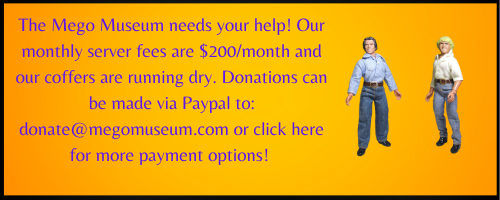What I mean is the following:
Let's compare Death Race from the 70s, to the recent Statham remake.
The original has a clear social message, apart from the good old rampant road violence. It was ironic, sarcastic, it clearly addressed social issues, and it had a nasty sense of humor.
Take the scenes where the retirement homes wheel out patients onto the streets where the Death Racers will pass by. The racers get extra points for hitting the elderly, kids, etc.
As it is, this is no laughing matter. It's a terrible thing. But the original Death Race used it to attack society values (or the lack of them), as a condemnation of how we view the elderly, for example. The same way that Rollerball used depiction of violence to actually condemn it.
The new Death Race has none of that. It dumped the social comment, the humor, the sarcasm, and just showed a fairly conventional street race.
Why is that?
Are we afraid to address these themes in modern films? Can we only handle popcorn entertainment?
Have we cut back our social evolution, so that we no longer deal with matters that also make us think?
I miss the guts that many 70s movies had, to tackle delicate subjects, wrap them in an action-packed story, and still get the message across...
Let's compare Death Race from the 70s, to the recent Statham remake.
The original has a clear social message, apart from the good old rampant road violence. It was ironic, sarcastic, it clearly addressed social issues, and it had a nasty sense of humor.
Take the scenes where the retirement homes wheel out patients onto the streets where the Death Racers will pass by. The racers get extra points for hitting the elderly, kids, etc.
As it is, this is no laughing matter. It's a terrible thing. But the original Death Race used it to attack society values (or the lack of them), as a condemnation of how we view the elderly, for example. The same way that Rollerball used depiction of violence to actually condemn it.
The new Death Race has none of that. It dumped the social comment, the humor, the sarcasm, and just showed a fairly conventional street race.
Why is that?
Are we afraid to address these themes in modern films? Can we only handle popcorn entertainment?
Have we cut back our social evolution, so that we no longer deal with matters that also make us think?
I miss the guts that many 70s movies had, to tackle delicate subjects, wrap them in an action-packed story, and still get the message across...


Comment